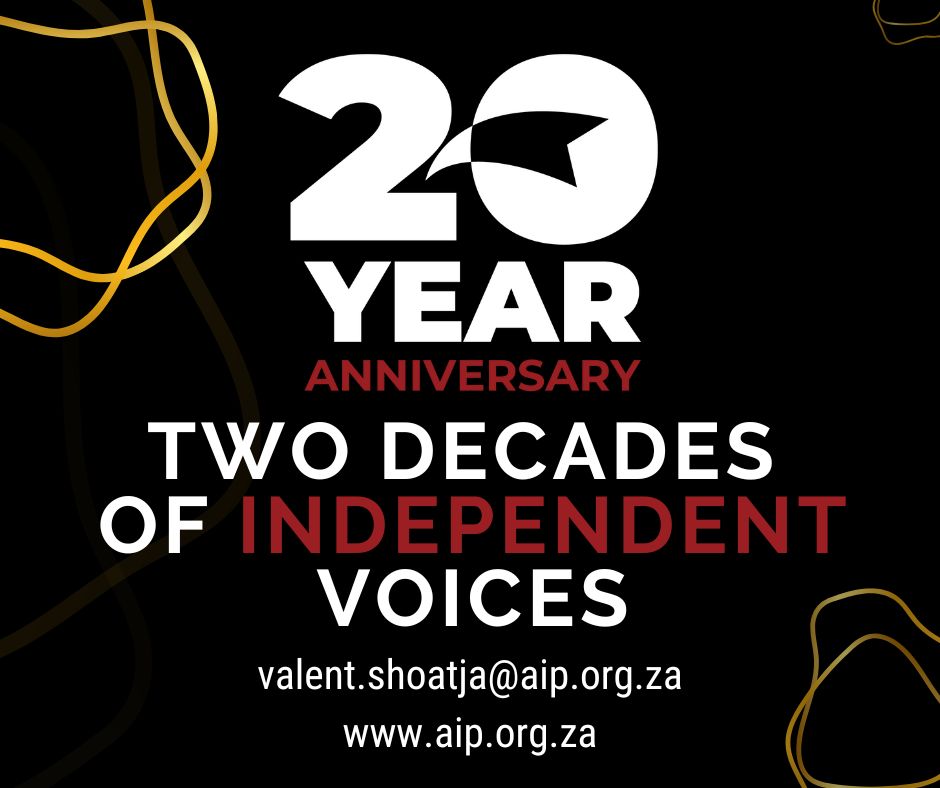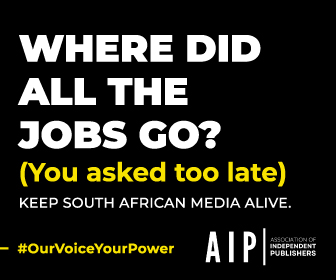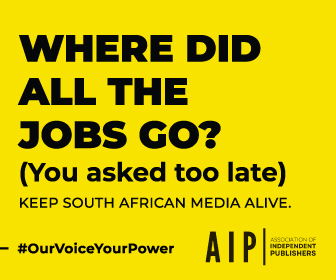AI Integration in the Newsroom: Scholar Africa’s Experience
In an insightful presentation facilitated by Mediate Media on behalf of Dr. Kate Skinner, the team from Scholar Africa shared their journey of integrating artificial intelligence into their newsroom operations. The session featured Mango Sogar, CEO of Scholar Africa, alongside news editor Dylan Betancourt and editor-at-large Everson Luhanga, who discussed their experiences implementing AI tools in their daily workflow.
The Reformation of Journalism
Sogar began by framing AI’s impact on journalism in transformative terms, recalling a pivotal conversation with Scholar Africa’s chair, Richard Addis.
“This is the Reformation for journalism,” Sogar quoted Addis saying. “You can’t imagine how this is going to change everything.”
What began as limited experimentation with AI for editing assistance with headlines and social media content has rapidly expanded. Scholar Africa now integrates AI throughout its production process, with Sogar asserting that “every single aspect of most media organizations’ production processes will be significantly affected by AI very soon, if not already.”
The most dramatic impacts for Scholar Africa have been in translation and editing, allowing the organization to streamline operations while maintaining quality.
The “Cheese Sandwich” Approach
Central to Scholar Africa’s implementation of AI is what they call the “cheese sandwich” principle—a concept Betancourt learned during an NDIF-arranged training program in Prague.
“The journalistic AI process is like a cheese sandwich, where the human being is the bread and the AI is the cheese,” Sogar explained. “The production process starts with the reporter, the reporter with a notebook, and it’s a human being, obviously. Then the material is processed and packaged and checked and rewritten and proofed—and that’s the AI. And then the final bit is the human who always checks it.”
This approach ensures human involvement at both the beginning and end of the content creation process, maintaining journalistic integrity while leveraging AI’s efficiency.
From Skeptic to Evangelist
Perhaps one of the most compelling aspects of Scholar Africa’s AI journey was editor-at-large Everson Luhanga’s transformation from skeptic to advocate. Initially resistant to AI in the newsroom, Luhanga experienced a turning point during a breaking news situation.
“I was one of the people who didn’t like the idea of having AI involved in the newsroom,” Luhanga admitted. “The turning point came when a breaking news happened, and I couldn’t get hold of my colleague. Dylan is always in church on the weekend, so calling him was just too much for him. Then I was left alone in the newsroom, and I remembered the AI tools that we had been speaking about.”
Covering a major crime scene in Gauteng with only his phone, Luhanga turned to AI tools in desperation.
“I wrote the story on my phone. I didn’t have my laptop, and I went to the AI tools, and then it was all proofed, all subbed, and then I published,” he recounted. “For the whole day I couldn’t get any message saying this story has not been done well or has not been edited well. That’s when that was the changing point.”
This experience convinced Luhanga of AI’s value in small newsrooms where human resources may be stretched thin, particularly during breaking news situations.
“We live in a digital world where big people with big Twitter accounts or Facebook accounts, once they have the story, they publish on their Twitter account. No one will come to Scroller to read the story on a link,” Luhanga explained. “If you are the first person to publish that story, chances of many people clicking on that link reading the story are very high, and that’s where AI comes in.”
Clear Boundaries and Human Oversight
Despite embracing AI, Scholar Africa maintains strict boundaries on its use. Sogar emphasized that they “never use it to write stuff” and don’t allow reporters to deliver AI-written copy.
“If they ever have used it, we insist on seeing the original as well and work with original notes, because that is when the distortions happen. That’s when things go wrong,” Sogar clarified. “The AI kicks in after we’ve got the original content, and then it’s the editing process, it’s the packaging, it’s the wordsmithing that we use the machines for.”
This principle of human origination and oversight is central to maintaining journalistic integrity while benefiting from AI’s capabilities.
Practical Applications and Tools
Scholar Africa uses several AI tools, primarily ChatGPT and Claude, for different functions based on their respective strengths. The organization has developed custom prompts tailored to their publication’s specific needs.
“You write your own prompts to cater to your own publication,” Sogar explained. “That prompt can be as detailed as you can make it. It’s not an art to write a prompt, but it takes work, and you say it with iterations, and you test it out.”
Beyond editing and translation, Scholar Africa has expanded its AI implementation to include voice synthesis and an AI news reader named “To My,” who appears in daily video wraps on their YouTube channel. To maintain transparency, these AI-generated elements are clearly identified with an AI logo.
Economic Realities
Underlying Scholar Africa’s adoption of AI is a pragmatic recognition of the challenging economics facing media organizations.
“Our business models are all under brutal attacks,” Sogar noted. “The first revolution that hit this industry, which we’re still recovering from, and then the next one, which is AI aggregation, which is another beast that’s coming to further undermine business models.”
In this context, AI represents both a challenge and an opportunity. “The reality of this technology is, it is a phenomenal cost saver,” Sogar acknowledged. “If you do it prudently and you do it carefully… you can sit with a very, very small team and be immensely productive, and have a better news product, produced much more cheaply.”
Looking Ahead
The Scholar Africa team views AI integration as essential for modern newsrooms. As Luhanga, once the most skeptical team member, now puts it: “I can be on the pulpit preaching about this, that this is the future of newsrooms.”
Their experience suggests that media organizations, particularly smaller independent publishers, can benefit substantially from thoughtful AI implementation while maintaining journalistic standards through proper oversight and clear boundaries.
To ensure responsible use, Scholar Africa has incorporated AI considerations into their operational checklists, developing specific AI checklists to maintain editorial rigor in this new technological landscape.






